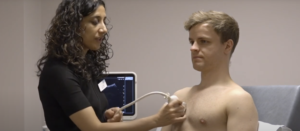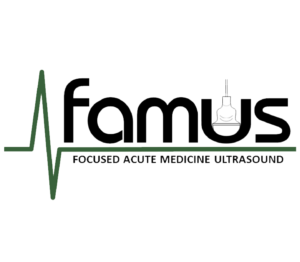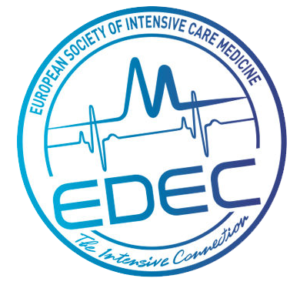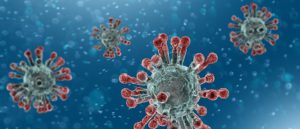
HOW TO Perform Basic Lung Ultrasound and Echocardiography
Dr Sarb Clare teaches us how to perform basic lung ultrasound an echocardiography. Presentations from our annual course ‘Ultrasound at the Front Door’. Free to help frontline clinicians during the COVID-19 pandemic. This video gives an introduction into performing basic lung ultrasound and echocardiography for those wanting to undertake accreditation




